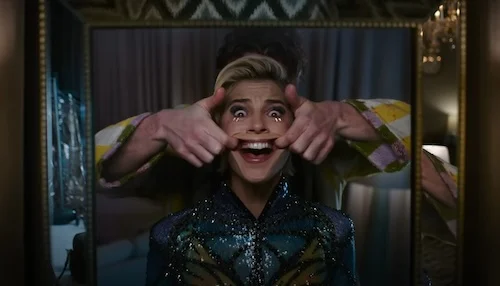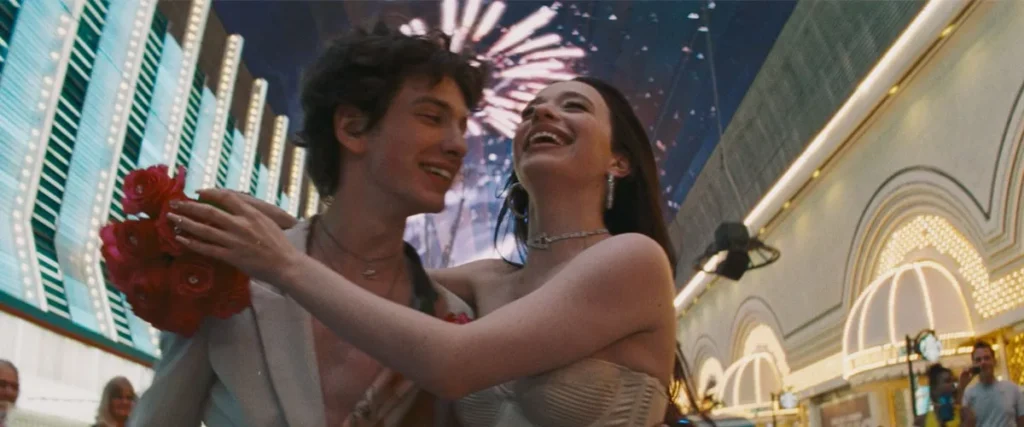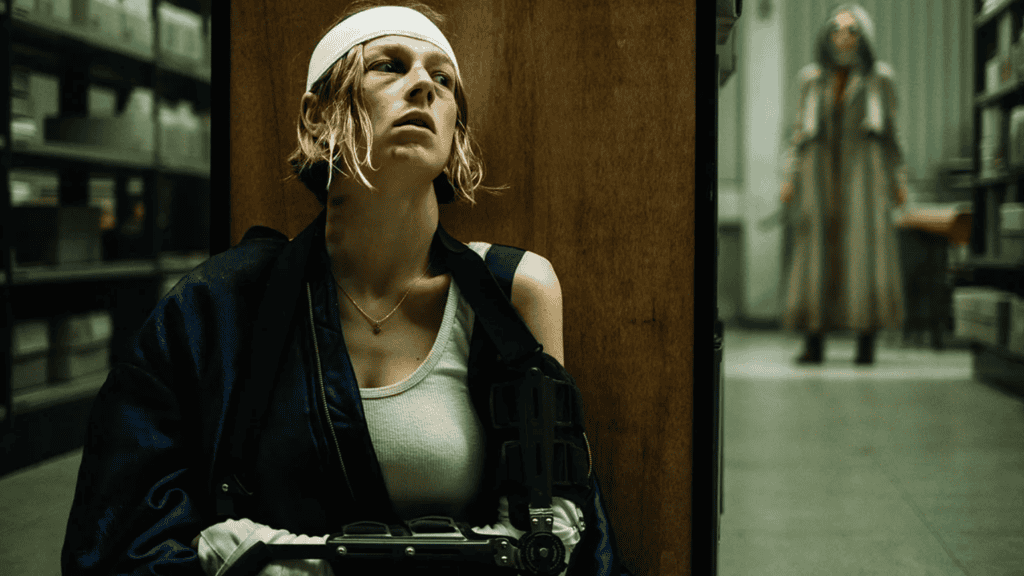When you think of a horror film, John Krasinski is not the first name that comes to mind. Or the tenth. Or the fiftieth. And yet, here is a film directed by the man most known for playing Jim in the American version of ‘The Office’ that shows that in future, his name will be associated with way more than just one genre.
Krasinski tells the story of a family in the future, living in a world after an invasion by a violent and powerful race of aliens, who pounce upon any sound. As a result, in order to survive must be close to silent so as to avoid the attention of the creatures.
What the film does so well is accentuate the silence, and subsume it in to the terror. Krasinski’s astute direction belies his lack of experience in the genre, always maintaining the tension and only offering brief moments of respite. This is a brutal world where any mistake has extremely grave consequences, and it feels that way. It’s a brilliant exercise in pure cinema, utilising all of the elements at its disposal to create the perfect exercise in tension, not the least the superb sound design, which is awe-inspiring at times.
It isn’t just a technical achievement however, and it wouldn’t be anything like as good if its simple but powerful story wasn’t so compelling. At its heart, ‘A Quiet Place’ is a film about a family. It is about their relationships with each other and how they navigate their incredibly harsh environment together. Krasinski plays the father superbly, while Emily Blunt plays his wife, and the mother of a girl and boy played by Millicent Simmonds and Noah Jupe. Krasinski and Blunt are married in real life, and have instant chemistry on film too.
Their understated rapport provides the backbone for the other relationships, and both Simmonds and Jupe are excellent. The young actors have no problem matching their elder counterparts, and Simmonds, who is deaf herself, particularly excels in her role, providing it with nuance and depth that could easily have been missing with another actor in the role. Indeed, all the performers say so much with their facial expressions because the power of words has been taken from them, each facial twitch meaning so much more than it normally would. It’s a superb example of great, understated acting that makes it all the more impactful, each moment adding more to the family’s relationship, and to their struggle to survive.
Because the film invests you in the characters so astutely, it can then play with your affections for them, and Krasinski utilises the script to do this brilliantly, setting up moments that excruciate the audience just enough with their ability to make you dig your nails in to your armchair. Moments of silence are interspersed with an excellent score by Marco Beltrami, and Charlotte Bruus Christensen’s camera work superbly forces the audience to wonder what is around the corner, what horrors await when the camera pans away.
The one negative for some, perhaps, is that the film only very loosely explains how we got to this point, and how the monsters took control of the world, offering up a lot of potential plotholes as a consequence, but in the grand scheme of things that matters little, and fits with its understated portrayal of the film’s main villains. ‘A Quiet Place’ still manages that rarest of things for horror films: it scares and offers plenty of tension while also being a close, character driven exploration of a family’s love for each other and desire to survive together. Each character has a nuanced and intricate understanding of the world around them, and they all work towards the same goal, fighting against the constraints set by the horrible monsters that make this cinematic exercise possible. It’s a stunning achievement and an example that cinema can triumph over anything, even logic, when the emotional impact is powerful enough.






